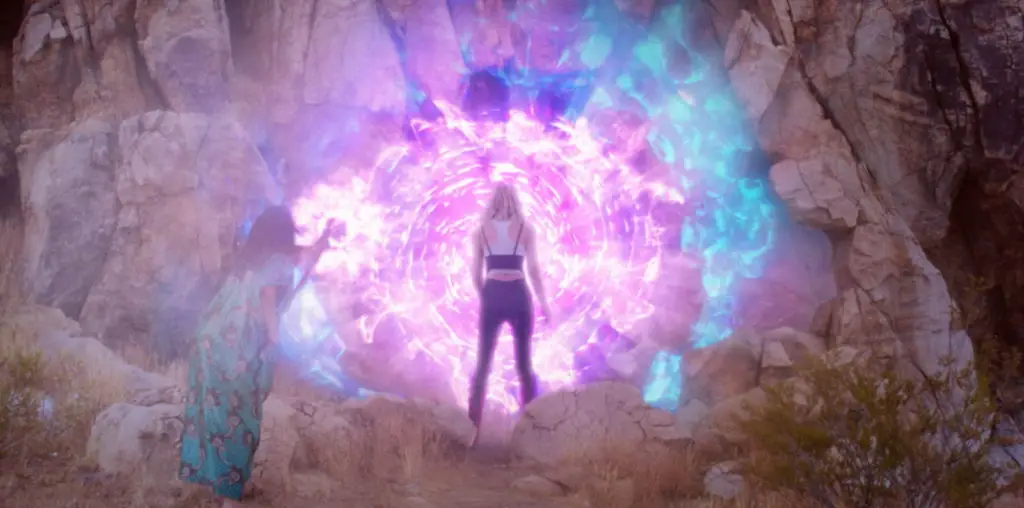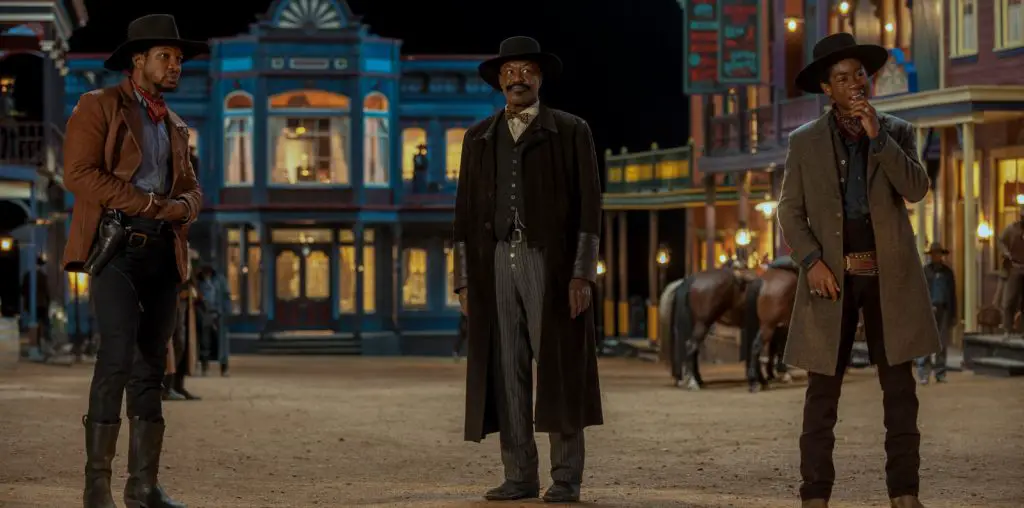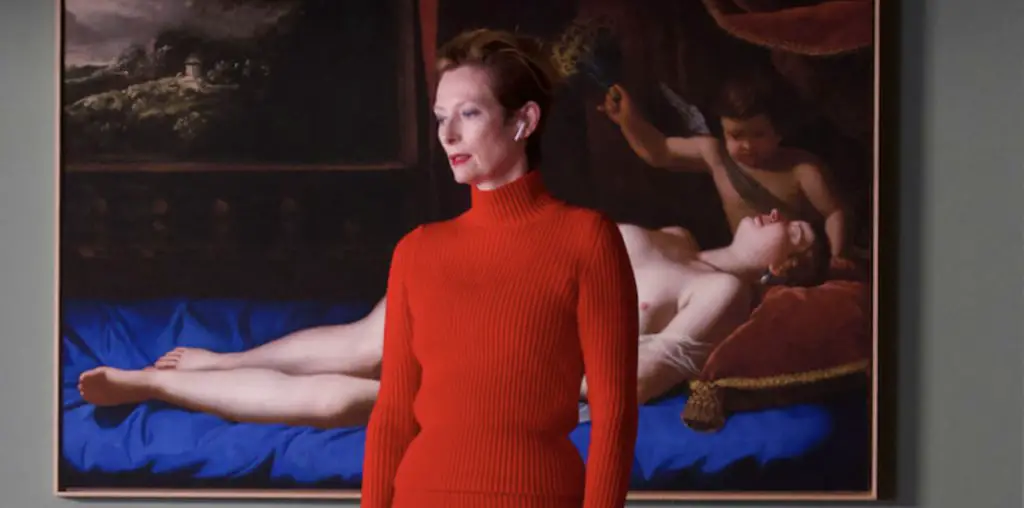
NOW IN THEATERS! Despite its title, Three Thousand Years of Longing isn’t just about the perennial sadness of unmet desires or the sharp pains of eternal yearning. Rather Oscar®-winning director George Miller’s film is about the glories and pitfalls of wishful thinking and the agony of unrequited love. The film can also be interpreted as an exploration of what is real and what is make-believe, challenging the idea that fantasy is somehow any less “real” than what actually exists. This is especially true when the fantasy can have real implications for living beings and thus has the capacity to change reality itself.
Co-writers Miller (co-creator of the Mad Max film series) and Augusta Gore based their screenplay on A.S. Byatt’s richly descriptive and poetic novella, The Djinn in the Nightingale’s Eye. For Miller, the story is a momentous investigation into the paradoxical human embodiment of reason and emotion, which he expertly translates for the screen with the acting prowess of Tilda Swinton, who stars as academic Alithea Binnie, and Idris Elba, who plays the Djinn.
Throughout Three Thousand Years of Longing, Alithea and the Djinn traverse ancient mysteries of myth, magic, fate, and destiny. Alithea, a homely narratologist with a seemingly simple existence, has her belief systems questioned by the passionate and (literally) larger-than-life Djinn, who says he will grant her three wishes. The Djinn, meanwhile, has a reality that is composed of fantasy and must come to terms with his existence in a world that doesn’t believe in him.
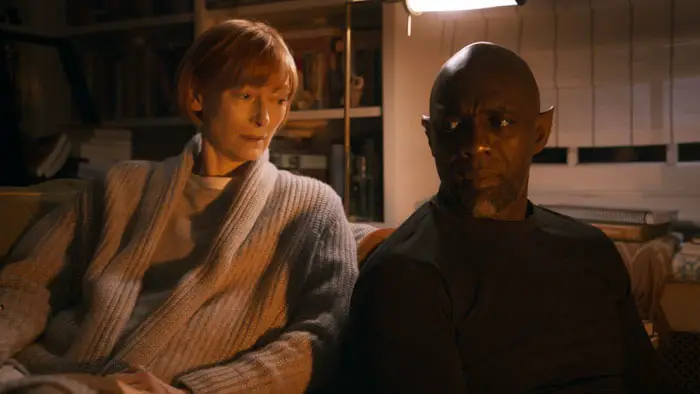
Tilda Swinton stars as Alithea Binnie and Idris Elba as The Djinn in director George Miller’s film
“…has her belief systems questioned by the passionate and (literally) larger-than-life Djinn…”
The pair’s unlikely, yet fateful encounter is the catalyst that takes the audience on a dizzying ride through history and lore, challenging personal philosophies along the way. And that’s where Miller’s singularly aesthetic vision comes in. Scene after scene is composed of sumptuous, tableau vivant-style impressions, capable of burning into our memories as mystifying yet iconic images that persist like extraordinary dreams.
Seeing the film, it’s not unreasonable to ask oneself, “What would my three wishes be?” Of course, the wishes cannot violate certain laws of the universe or employ trickery (i.e., you can’t wish for more wishes). But suppose the film is, indeed, about the tenuous relationship between reality and fantasy. In that case, it gives each of us permission to articulate our own wishes and make them come true. To that end, the film explores themes of free will, destiny, and the tales that we consume while also revealing how they become part of us as we pass them down to future audiences.
Ultimately, however, Three Thousand Years of Longing is about bearing the weight of pure love with no one willing to ease the burden — yet resolving to give it away freely nonetheless.
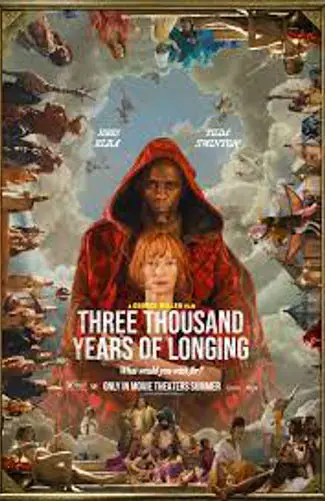
"…capable of burning into our memories as mystifying yet iconic images that persist like extraordinary dreams."
